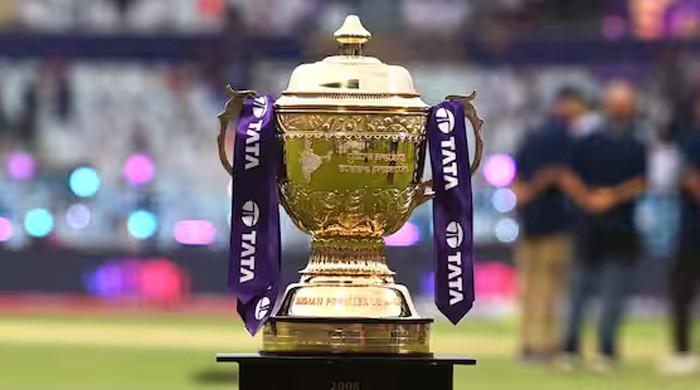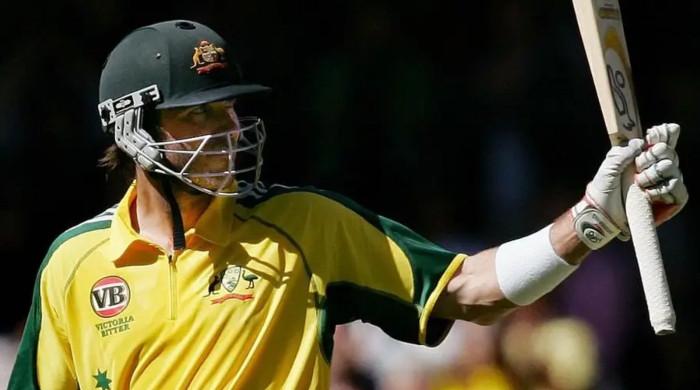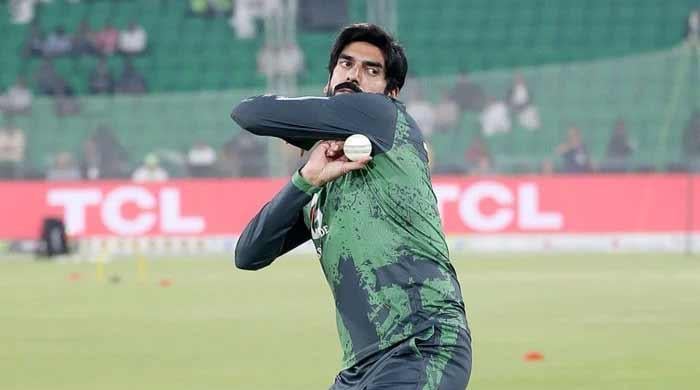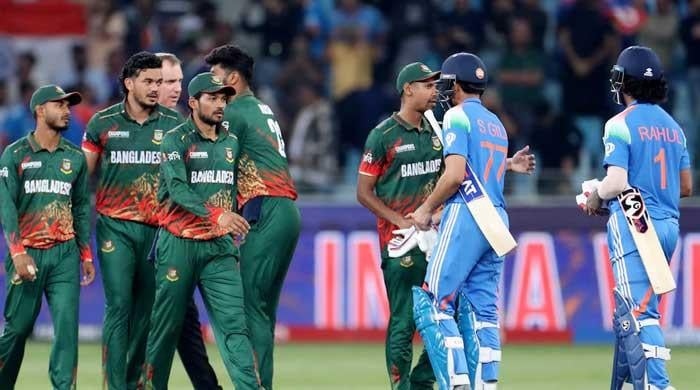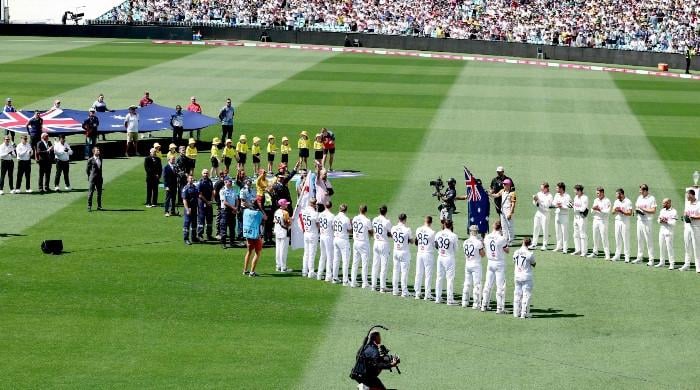Ramiz Raja — a look at the career of the man set to take over PCB's reins
PCB is all set to be headed by a former captain when Ramiz Raja contests the chairman’s election on September 13
September 11, 2021
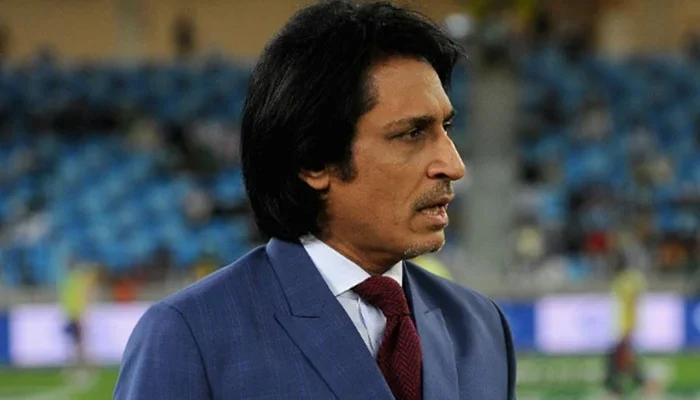
Pakistan Cricket Board (PCB) is all set to be headed by a former captain when Ramiz Raja contests for the chairman’s election on September 13 and in all probability, will be elected unopposed by the PCB’s Board of Governors.
Amongst the 34 PCB chairmen from 1948 to date, only three international cricketers have been at the helm of cricket affairs — Abdul Hafeez Kardar (1972-1977), Javed Burki (1994-1995), and Ijaz Butt (2008-2011).
In his international career from 1984 to 1997 — a period when Pakistan's cricket was at its peak through its ruthlessness, aggression, and killer's instinct — Raja played 255 international matches across the globe and scored 8,674 runs.
Post-retirement, Raja's knowledge, insight, and game understanding took him to unprecedented career heights when he became a regular commentator with leading cricket broadcasters.
He has worked alongside the most respected cricket voices such as Mike Holding, late Tony Greig, Ian Chappell, Sunil Gavaskar, David Gower, Mark Taylor, Michael Atherton, Richard Hadlee, and Shaun Pollock.
Raja's cricket intelligence, wisdom, and vision impressed the prestigious Marylebone Cricket Club when they included him in their MCC World Cricket Committee.
At Lord’s, he joined cricket legends like Mike Gatting, Alastair Cook, Sourav Ganguly, Ricky Ponting, Brendon McCullum, Kumar Sangakkara, and Shane Warne to not only discuss but provide suggestions and solutions on how to make the sport viable, feasible, attractive and competitive.
With the mic and in the company of some of the greatest names in cricket, Raja had not only promoted and built the profile of Pakistan, the cricket team, and the players, but he was prominent in defending the nation following the attack on the Sri Lanka cricket team in March 2009 and the 2010 cricket corruption scandal.
The two events brought embarrassment to the country, but Raja's presence on the most powerful and influential platforms provided the fans, followers, and administrators a counter-narrative and helped in subsiding the damage.
Consequently, Pakistan cricket continued to move forward with the sides and players eventually regaining the respect of their peers and colleagues, and international cricket returning completely in 2019.
But even before Raja took the mic as a full-time career, he was involved in building and strengthening cricket structures in Pakistan.
In the 1990s when he was still a professional cricketer, he was integral in the setting up of the Allied Bank Sports Division that provided champion cricket and hockey sides.
In the late 1990s, he was a member of the election committee whose selected side reached the final of the 1999 World Cup in England.
During his role as a cricket administrator between 1999 and 2004, he played a lead role in setting up the state-of-the-art National High-Performance Centre, which has now become a school for future stars.
Raja was PCB's chief executive in 2004 when India made their first full-tour of Pakistan for three Tests and five one-day internationals in 15 years. The series and the two sides won the Laureus Sport for Good Award 2004.
Understanding the demands and rigours of the PCB role, which has turned into an industry, as well as the fans’ expectations, Raja has already got the ball rolling by meeting key people within the organisation, including the national team players, to acquire complete knowledge and understanding of the business.
This will enable him to be on top of every matter when he formally assumes charge that, in turn, will help him make decisions that can further take Pakistan cricket forward.




